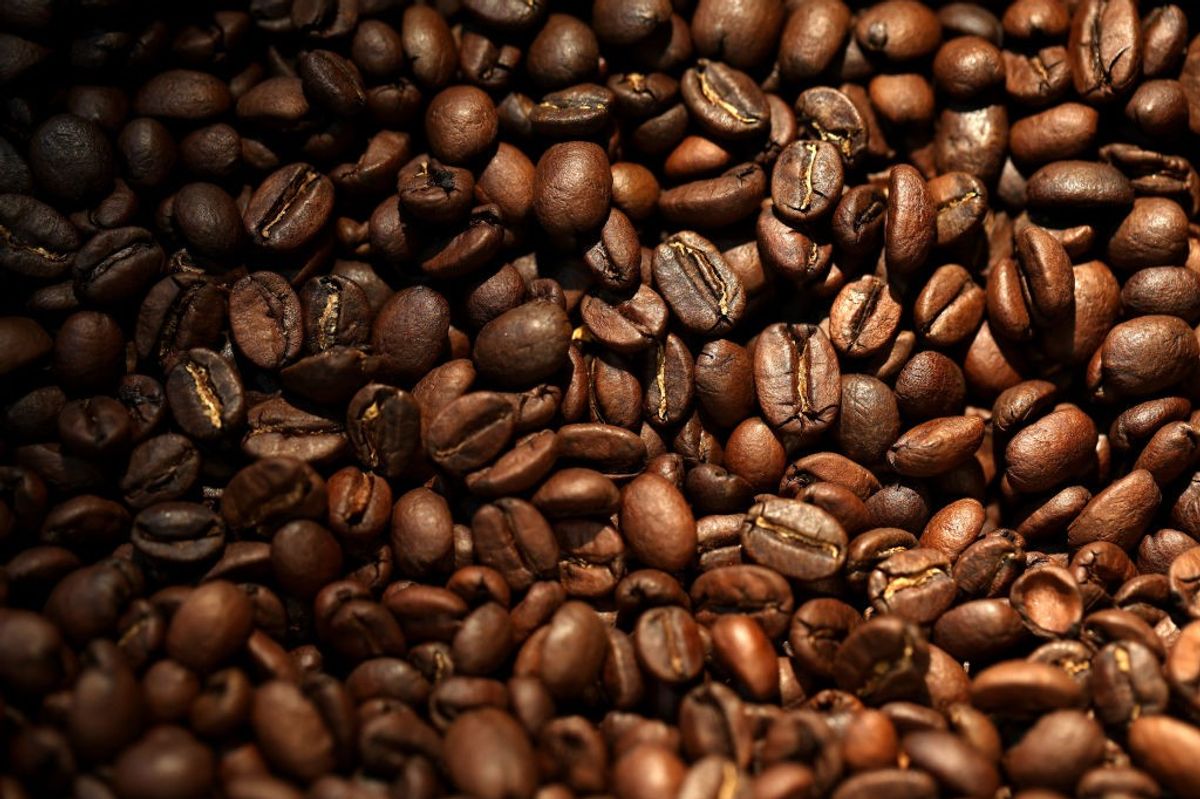The global arabica coffee market has surged in August with prices gaining more than 30 per cent on the ICE exchange, driven mainly by steep tariff hikes from the United States, the head of Brazil's coffee exporters council, Cecafe, said on Friday.
The 50 per cent tariff imposed on Brazilian coffee by the Trump administration since August 6 has made exports to the US unviable and disrupted markets, Cecafe president Marcio Ferreira said in an interview.
"In meetings I had with the American side, I made it clear that the tariff hike created an environment of uncertainty and drove coffee prices up globally - and there may be no ceiling," Ferreira said.
"The market can't read where the price peak is," he added.
Arabica coffee futures on ICE KCc2, traded in New York, were quoted around $3.74 per pound on Friday, up from about $2.80 at the end of July.
Crop performance in Brazil, the world's largest producer and exporter of coffee, will not help anytime soon, Ferreira said.
The 2025 arabica crop collection, nearing completion, has yielded about 10 per cent less than expected, he said, adding that frosts this month are likely to reduce next year's output.
As a result of the tariffs, importers are turning to other origins like Central America and Colombia, but are facing higher premiums compared with ICE futures contracts, Ferreira said.
"This uncertainty and insecurity attracts funds to buy on the exchange, and it's natural for funds to enter on the buying side — the market becomes favourable from a speculative standpoint," he said.
However, Brazilian coffee is currently seeing "a substantial increase" in European and Asian demand, which is "well above expectations," Ferreira added.
That growth isn't necessarily due to higher consumption in Europe, he said, citing the role of countries like Germany in re-exporting processed coffee to the US, which applies lower tariffs on European goods.
Meanwhile, reports in March suggested that roasters including Lavazza, Illy, Nestlé, and Douwe Egberts maker JDE Peet’s were considering passing on the impact of a near-doubling in arabica coffee prices over the past year.


